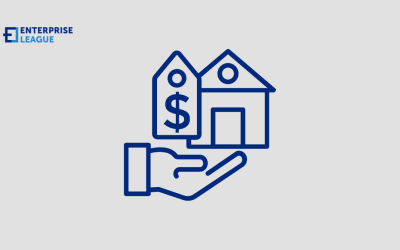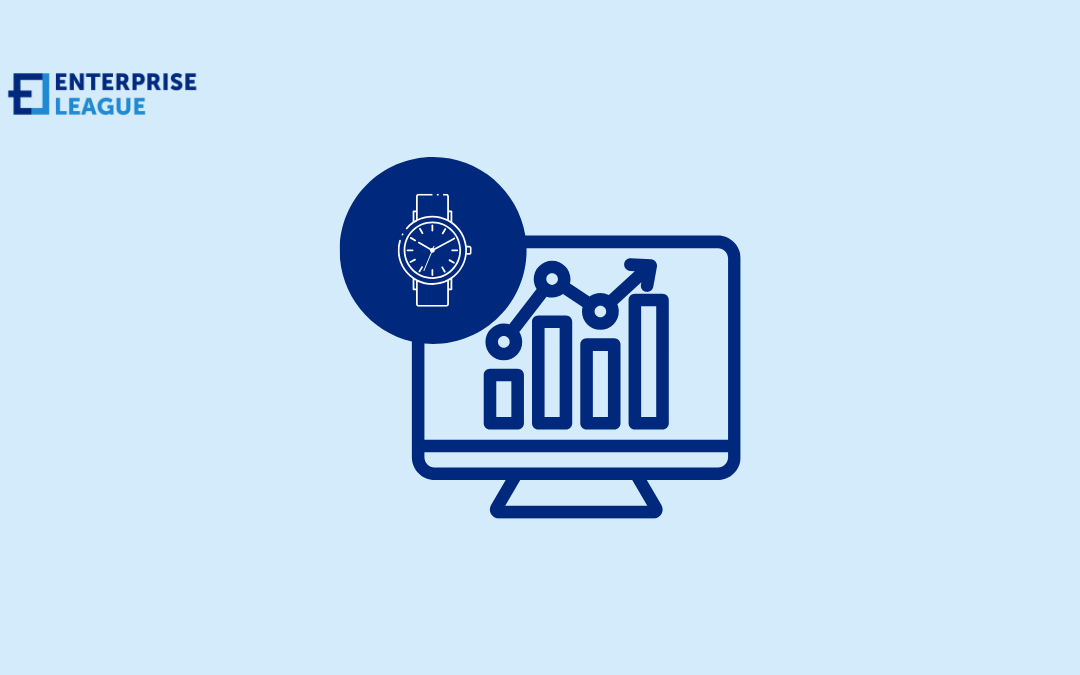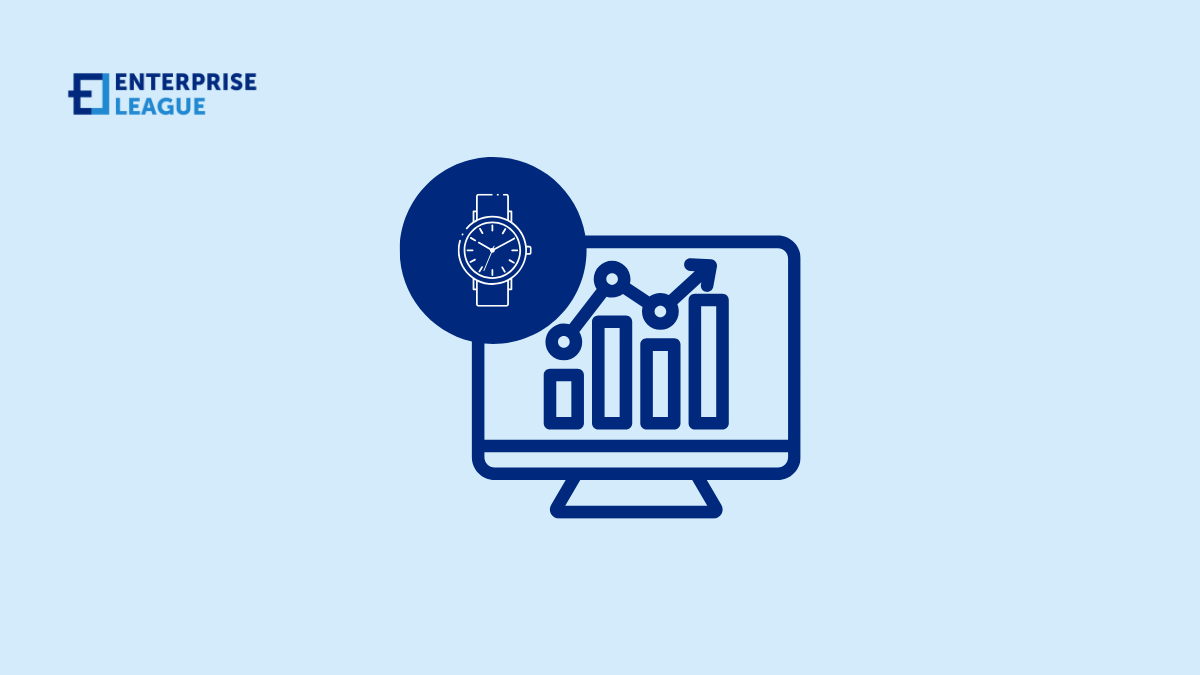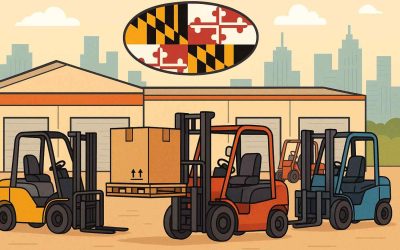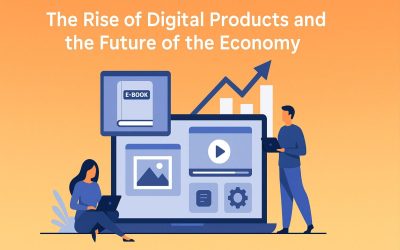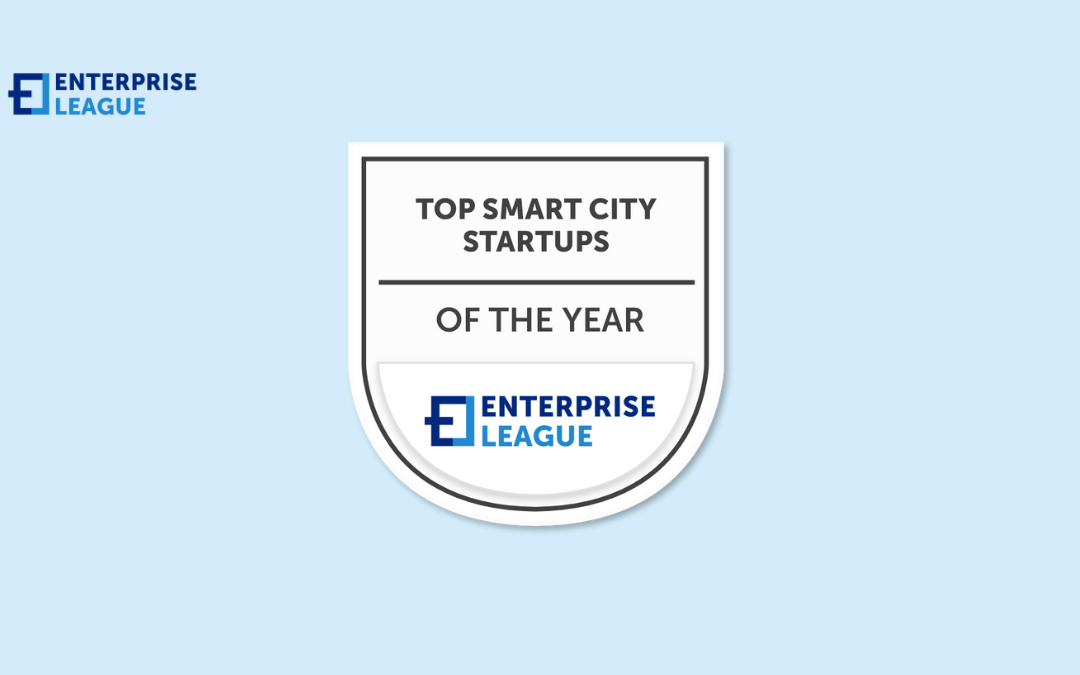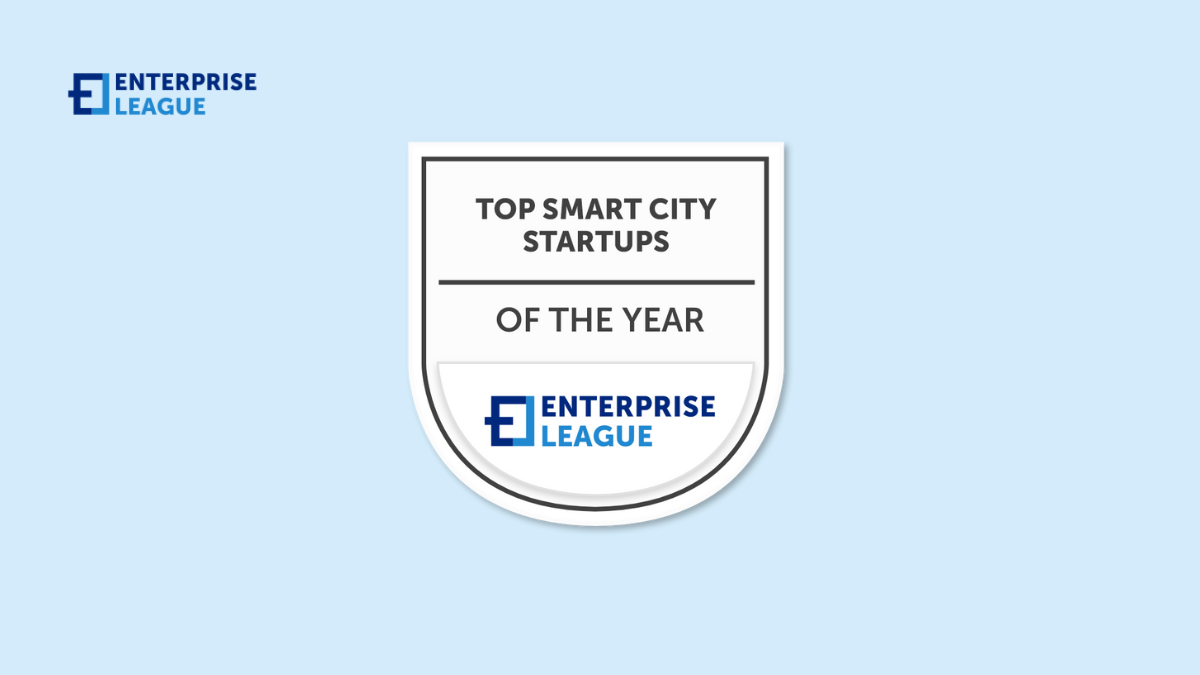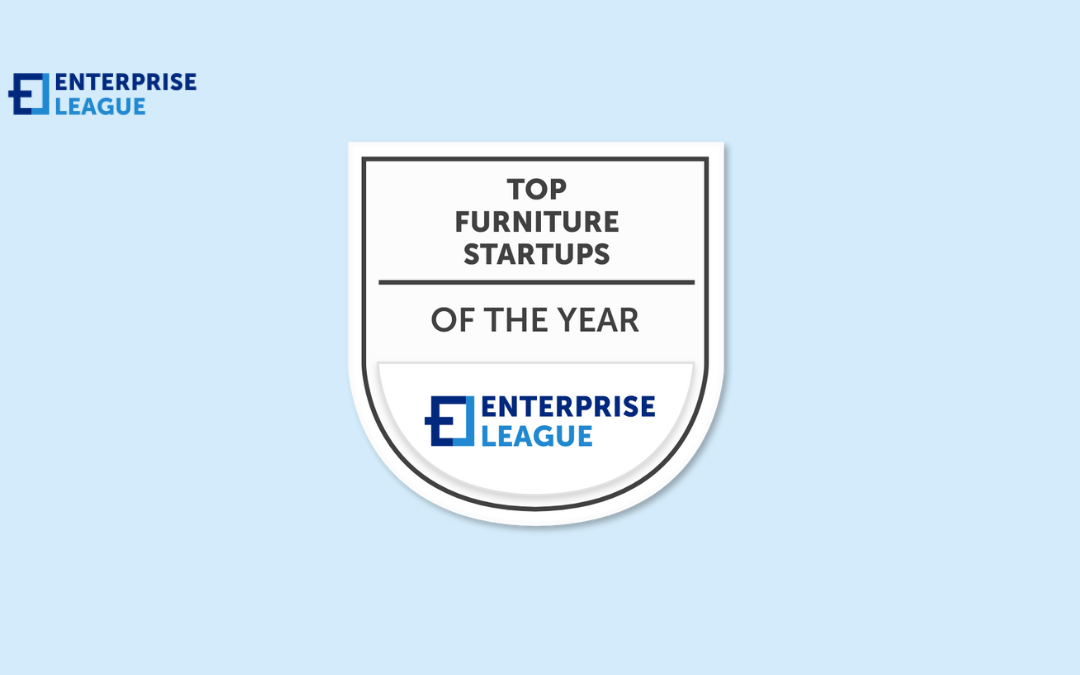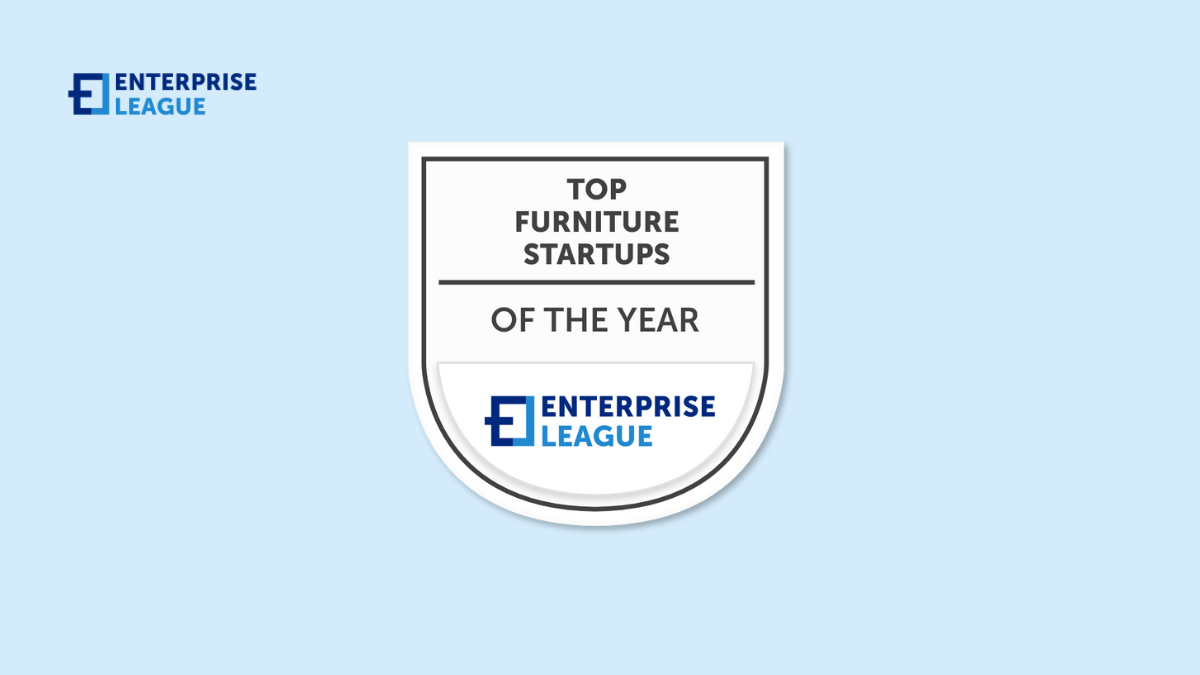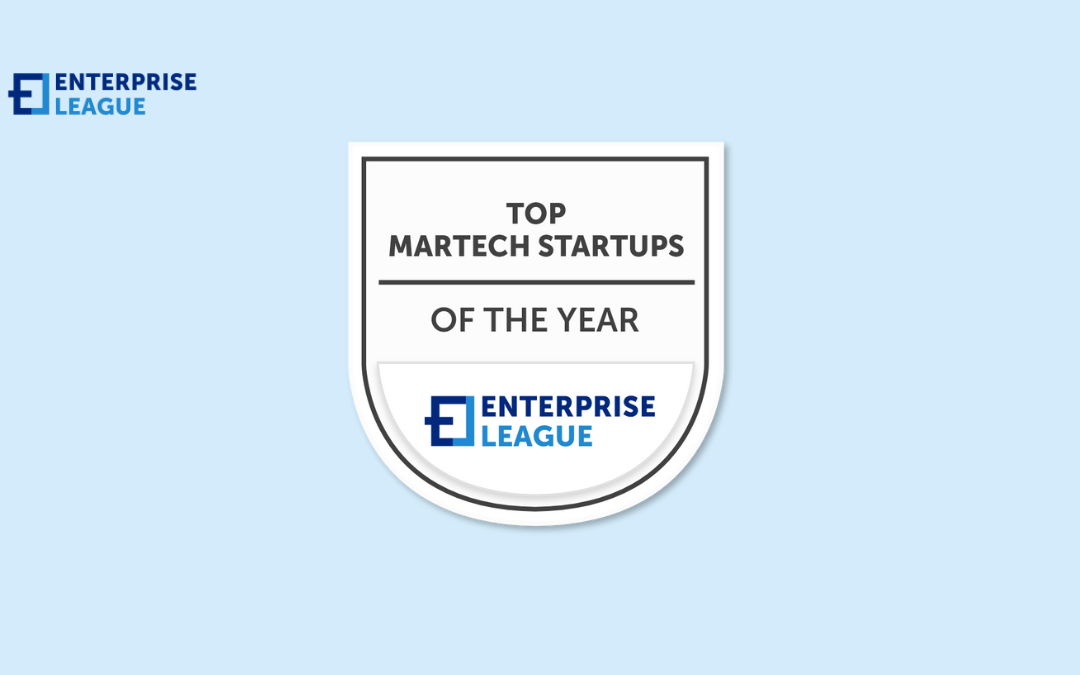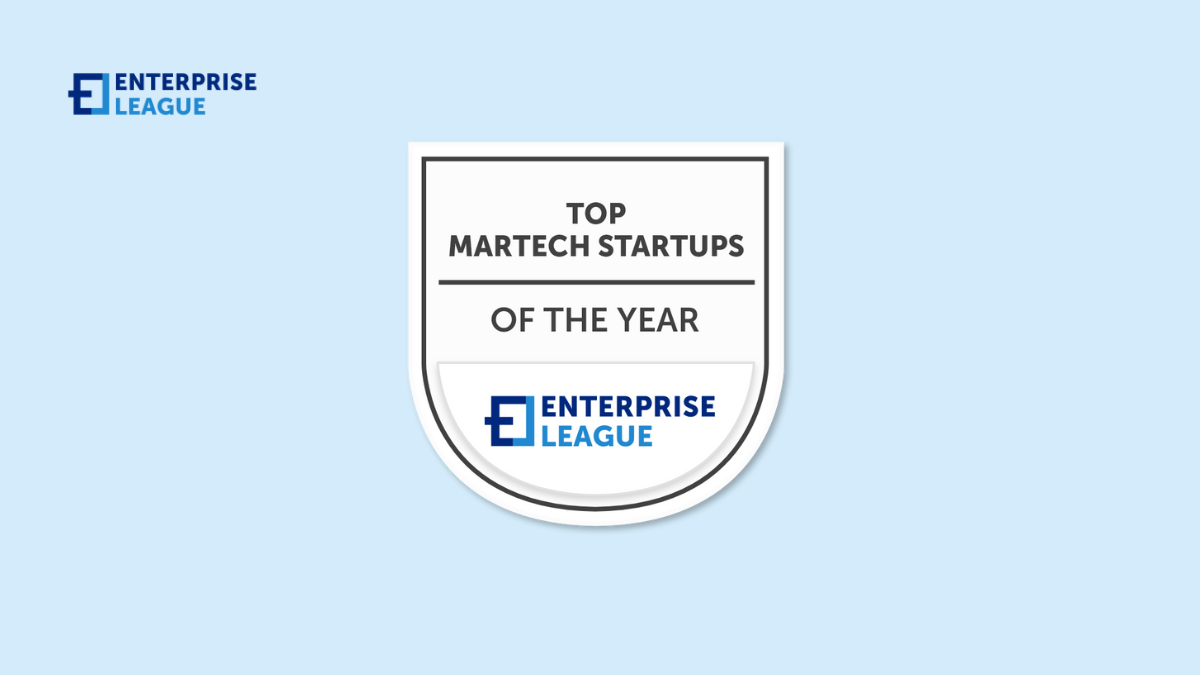Looking to improve your website’s search engine rankings and drive more traffic? Find a SaaS SEO agency that’s the best fit for your business goals and budget.
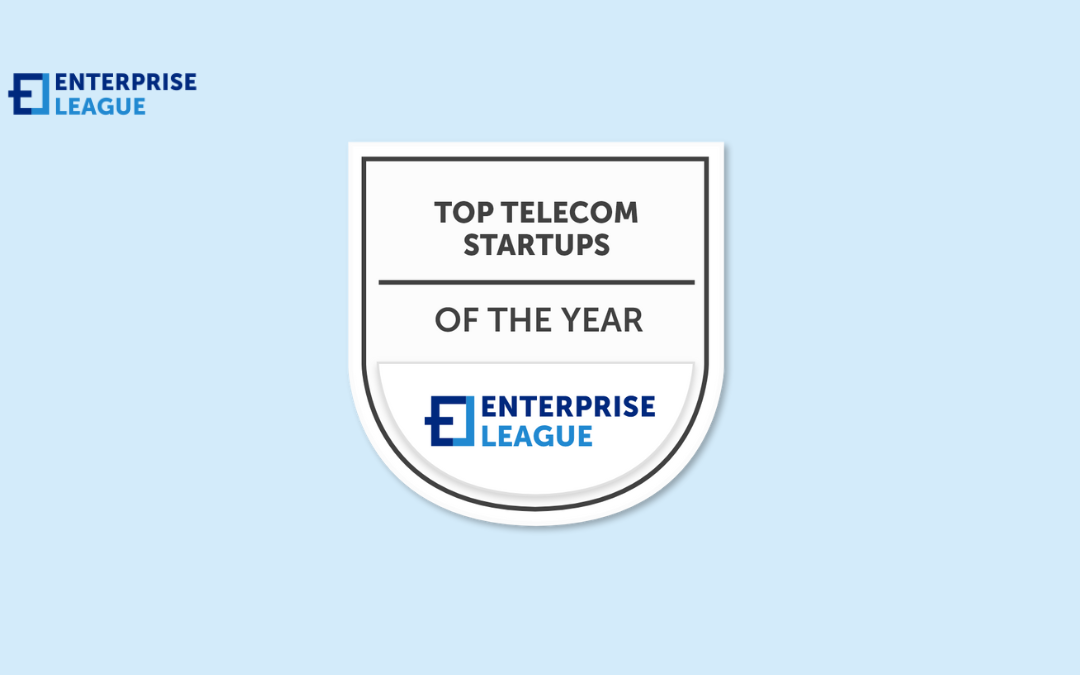
21 must know telecommunications startups with fresh approaches (2025)
21 must know telecommunications startups with fresh approaches (2025)
February 14, 2025
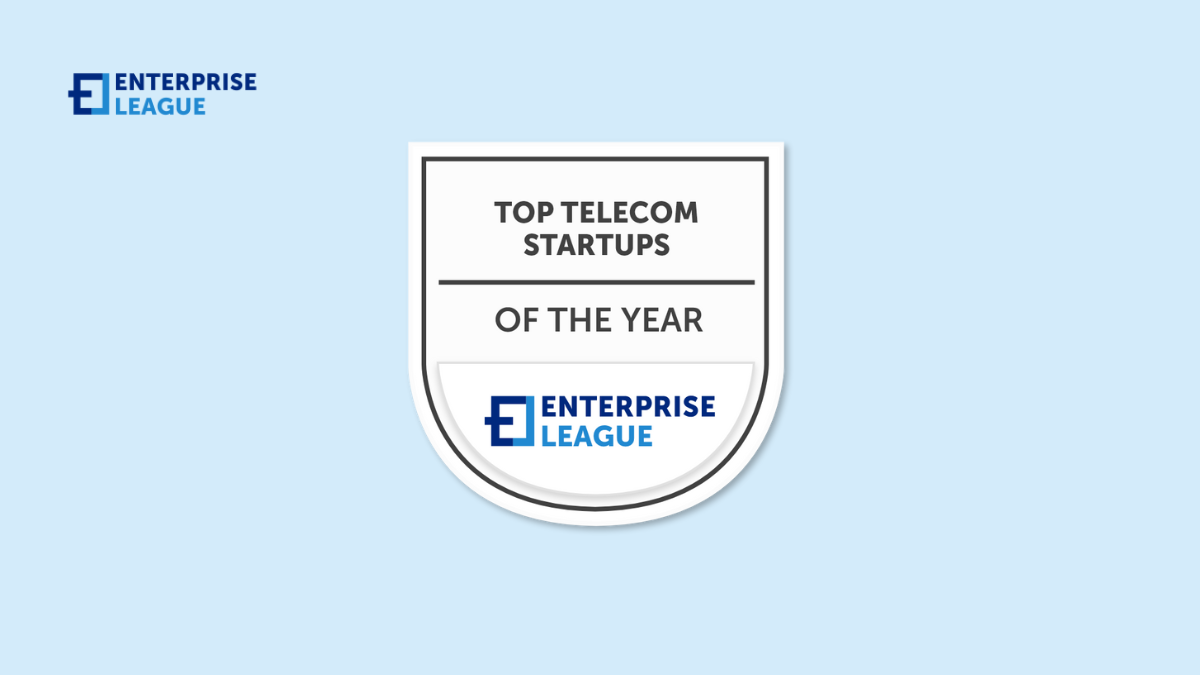
Telecommunications startups have attracted significant investor attention and funding in recent years for their potential to disrupt incumbent players and legacy infrastructure. These telecommunications startups are exploring new technologies like 5G, edge computing, and full-stack solutions while also tackling long-standing issues around security, reliability, and cost.
Top telecommunications startups
Complete list of telecommunications startups that are worth knowing:
Circles.Life
Founded in 2013, Circles.Life is a digital telecom company based in Singapore that aims to provide value-packed phone and internet plans to save customers money. They first launched in Singapore in 2016 and have since expanded into Australia, India, Indonesia and Taiwan.
What sets Circles.Life apart is their flexible no-contract plans that allow customers to customize and only pay for what they need each month. Users can add services like extra data, international calling minutes or other regional perks on-demand. Plans also roll-over unused data.
Inorsa
Founded in 2020, Inorsa aims to optimize 5G deployment by applying AI to eliminate repetitive manual processes. The platform ingests project data and produces complete, standardized site drawings and documentation packages.
Automated error checking and corrections enable significant time savings over manual methods while ensuring quality. Structured data and documents enhance access and reuse.
Net AI
Founded in 2019, Net AI provides telecom providers with granular visibility into service usage and traffic flows. Their Microscope product decomposes traffic into streams by application to guide planning.
NetSibula leverages AI to forecast bandwidth needs and cost uncertainties to minimize overprovisioning. Predictive, service-aware insights enhance network efficiency.
Latence Technologies
Founded in 2020, Latence offers a containerized solution that actively tracks network performance metrics like speed, latency, and capacity utilization. Predictive analytics identify issues impacting service quality before customers do.
Telecoms gain granular visibility plus forecasts enabling proactive optimization and slicing to ensure customers get promised service levels. Monetization guardrails prevent revenue losses.
Aircall
Founded in 2014, Aircall offers an omnichannel contact center suite tailored for modern business. Key features include auto-attendants, call routing, agent desktop apps, voicemail, analytics, and integrations.
Support and sales teams can manage incoming and outgoing calls more efficiently on Aircall’s browser-based interface. Integration with tools like Salesforce, Zendesk, and Slack centralizes workflows.
TileDB
Founded in 2019, TileDB provides a cloud-native data engine optimized for fast structured and unstructured data analysis. Multi-dimensional arrays handle diverse data types at massive scale.
Data scientists can use Python, R, Julia or other tools with TileDB for ad hoc exploration without converting or moving data. Integrations like Spark and Dask enable scaling complex workflows.
Polymer Labs
Founded in 2021, Polymer Labs is building a universal IBC (Inter-Blockchain Communication) router to enable seamless transactions and messaging between different chains. This will remove network silos.
The company is assembling a world-class team to design core architecture for a chain-agnostic future. Their innovations will pave the way for organizations and users to easily operate across diverse networks and protocols. By pioneering IBC infrastructure for web3, Polymer Labs aims to create the integrations needed for mass adoption.
Sourced Group
Founded in 2010, Sourced Group has deep expertise across major cloud platforms like AWS, Microsoft Azure, and Google Cloud. Their consultative approach assesses needs before designing tailored migrations and implementations.
In addition to advisory, Sourced Group offers managed cloud services including architecture support, security, cost optimization, and cloud-native development. Their resourcing arm staffs talent for specialized roles.
Actility
Founded in 2010, Actility delivers hardware, network infrastructure, and a management platform to capture and move data from industrial systems, meters, sensors, and other endpoints. Data then powers analytics and process automation applications.
The company enables a range of capabilities including asset tracking, remote equipment monitoring, smart metering, and smart city services. Standards-based technology ensures interoperability in connecting and securing devices.
Statflo
Founded in 2018, Statflo offers capabilities like data-driven customer profiling, journey segmentation, and tailored omni-channel outreach campaigns. Client teams gain insights to act on renewal and upgrade opportunities.
Retailers use Statflo’s analytics and automation tools to identify customers ready to purchase add-ons or new devices. Targeted, multi-channel outreach increases upgrade rates and customer lifetime value.
Myriota
Founded in 2015, Myriota uses advanced satellites and a patented communication protocol to transmit small packets of data from remote sensors and devices. This achieves wide-area coverage without cellular or radio towers.
Companies use Myriota to cost-effectively connect and gather data from assets dispersed across remote regions. Key applications span logistics, agriculture, environmental monitoring and more.
Aloware
Founded in 2019, Aloware provides capabilities like voice, SMS, email, and social media messaging within one system. Teams can communicate on customers’ preferred channels conveniently.
Features include shared inboxes, click-to-call, call recording, performance dashboards, and campaign management tools. Tight CRM integrations centralize data for a 360-degree customer view.
Ava Accessibility
Founded in 2020, Ava provides a mobile app that uses speech recognition to generate live captions for conversations. Users with hearing impairments can follow along via text on their phones.
The app works for in-person and virtual discussions by using smartphone microphones to transcribe speakers. Captions appear with speaker identification and photos for context.
Reloadly
Founded in 2015, Reloadly enables companies to integrate prepaid mobile services into their own apps and products. APIs allow searching, paying, and delivering airtime, data plans, and other offerings from 400+ operators.
Partners can build custom branded mobile top-up services or offer airtime recharge to end-users from their platform. Additional features facilitate payments and money transfers.
BlakBear
Founded in 2020, BlakBear developed sensor technologies and algorithms to assess real-time food spoilage rather than rely on fixed use-by dates. This provides dynamic guidance on shelf life.
BlakBear applies their technology to help food companies, retailers, and consumers. Producers gain insights to improve manufacturing and packaging. Retailers can track inventory freshness. Consumers get food waste reduction guidance.
InsideMaps
Founded in 2017, InsideMaps allows anyone to turn photos from a smartphone, DSLR, or 360 camera into a 3D model. Users simply take pictures by walking normally through a space.
The models become interactive, online environments with clickable hotspots containing info like room dimensions, materials, and custom branding. Remote shoppers enjoy an immersive experience.
LeanEPICS
Founded in 2015, LeanEPICS leverages agile methodologies to help companies transform digitally. Their strategic marketing unlocks new opportunities while custom software solutions optimize operations.
LeanEPICS’ integrated approach spans services like technical consulting, UX design, development and integration of web and mobile apps, digital marketing, and IT staff augmentation.
Branch Metrics
Founded in 2014, Branch’s mobile linking platform enables developers to create custom deep links that open content directly within any app. Links work across iOS, Android, and web.
Advanced attribution captures referral details when shared links drive installs or app visits. Developers gain visibility into how users organically find and engage with app content.
One Donation
Founded in 2020, One Donation’s workplace giving platform lets employees support over 1.5 million nonprofits right from their paycheck. Tailored portals offer a personalized giving experience.
Companies can amplify impact through contribution matching and volunteering programs. Dashboards provide insights into employee preferences to enhance corporate philanthropy.
SingleStore
Founded in 2011, SingleStore allows querying of structured, unstructured, streaming, and historical data from one system. Enterprises can adapt as needs change without managing separate databases.
The memory-first architecture handles enormous data volumes at high concurrency. SingleStore makes it easy to run mutli-workload applications together, from transactions to analytics.
Plume Design
Founded in 2014, Plume enables operators to deploy personalized services like adaptive WiFi, advanced security, and home automation to subscribers. Plume’s data analytics optimize services and identify new revenue opportunities.
The Plume platform includes cloud controllers, AI algorithms, and subscriber-level analytics to power and continually enhance offerings. New apps and features can be pushed to millions at once.
Conclusion
The coming decade will prove decisive in determining to what extent telecommunication startups can successfully leverage new technologies like 5G and edge computing to unravel the formidable advantages of incumbents. If these entrepreneurs can creatively transform network infrastructure and delivery models, they may seed disruption across this vast industry.
Discover more creative startups that might interest you:
- Ground-breaking space startups redefining our limits of space exploration.
- Blooming drone startups that are revolutionizing almost every industry,
- Revolutionary biotech startups helping the world with amazing innovations.
- The best music startups that empower artists and connect fans.
- Successful NFT gaming startups revolutionizing play-to-earn experiences.
Related Articles
4 tips on how to choose a SaaS SEO agency
Offline digital marketing: 5 proven tactics to boost your business
Looking to enhance your business growth? Learn how you can boost your marketing strategy and connect with your target audience with these five proven tactics.
6 reasons why outsourcing email marketing is beneficial for businesses
Outsourcing your email marketing can save you time and money while still providing high-quality results. Six reasons why you should consider outsourcing it.
How to simplify the balance sheet reconciliation process (2025)
Striving for efficiency and simplicity in financial processes is crucial for every business. One area that often seems complex and overwhelming is balance sheet reconciliation.
Buying more houses for your investment portfolio: 5 effective tips
Growing a robust real estate portfolio isn’t an overnight endeavor, but with persistence, education, and smart strategies, you can steadily expand your property holdings.







